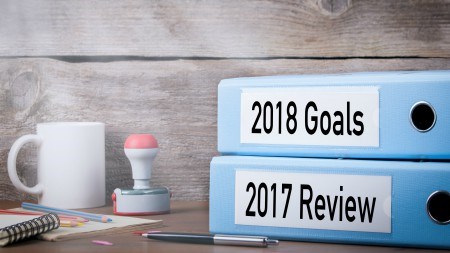Many property buyers struggle with the expenses of buying and owning their new home. Careful planning can go a long way towards relieving their financial stress.
According to Adrian Goslett, Regional Director and CEO of RE/MAX of Southern Africa, one of the questions he is most often asked is how it is possible to afford the expenses of homeownership, from saving towards a deposit and covering the transfer costs to making the bond repayments and having enough left over to pay for the rates and taxes. “Everybody is looking for a simple answer to this question. And, while it would be amazing if there were one, the reality is that there is no quick-fix to solving this problem. As with any asset with a high return on investment, the initial costs of owning a home can be a bitter pill to swallow. But, with careful financial discipline and planning, the dread of the pending debit orders will lessen over time,” says Goslett.
How to organise finances
Goslett advises that potential homeowners start by organising their finances in the form of a real-time budget rather than an estimated one. “Start by recording your current expenses for the month, that way you can see how much you are actually spending in each area. Thereafter, you can work out an estimated and realistic goal of how much you want to spend in each category,” says Goslett.
Setting up an estimated budget
Future homeowners should consider breaking down their finances into the following categories:
Unchangeable Essentials (fixed monthly expenses such as rent and insurance)
Changeable Essentials (variable monthly expenses such as groceries and petrol)
Inessential Expenses (variable costs such as entertainment and miscellaneous shopping)
Long-Term Savings (fixed saving schemes such as pension funds and investments)
Short-term Savings (variable informal savings schemes such as holiday budgets)
“By breaking down your finances into these categories, it is easier to see where you can cut back in order to make more room for your savings. Categories two and three are the easiest to review when considering how to make more funds available for your short-term and long-term savings. Category one is a little more complicated because cutting back on these expenses usually involves doing some research to find cheaper alternatives and the consequent process of switching or cancelling the fixed expense altogether. I would suggest that you only look into this category if you still are unable to reach your savings goals after cutting back on categories two and three,” Goslett explains.
Set savings goals
Setting savings goals is a vital step in the process of making homeownership more affordable. Determine an amount that you would like to put aside each month that will help you afford the various expenses incurred when purchasing a home.
“This needs to be an informed calculation rather than a shot in the dark. Do your research and find out what you can afford – Private Property has a great online affordability calculator that can provide this information to you free of charge. Beyond this, you should also chat to an estate agent to find out what you can expect to pay on rates on a property in this price bracket. This amount then needs to be factored into your monthly budget. After you have made the right amount of funds available for your savings, the key is to invest that money in a tax-free savings scheme to help you reach your savings goals quicker,” says Goslett.
Budget for unexpected expenses
As a final piece of advice, Goslett recommends that homeowners also make room in their budget for unexpected emergency expenses. One of the things that stress new homeowners out the most is not having funds available for when things break or need repairing. If you are unable to make room in your budget for these sorts of expenses, make sure you’ve got some form of credit or overdraft facility set up to use in case of emergencies.
“The key to generating wealth is really quite simple: spend less than you earn. Although this is somewhat an oversimplification of the process, if you apply this kind of logic to your finances, and invest the money you already have in a way that increases your total earnings, then you’ll find that homeownership becomes much more affordable,” Goslett concludes.




